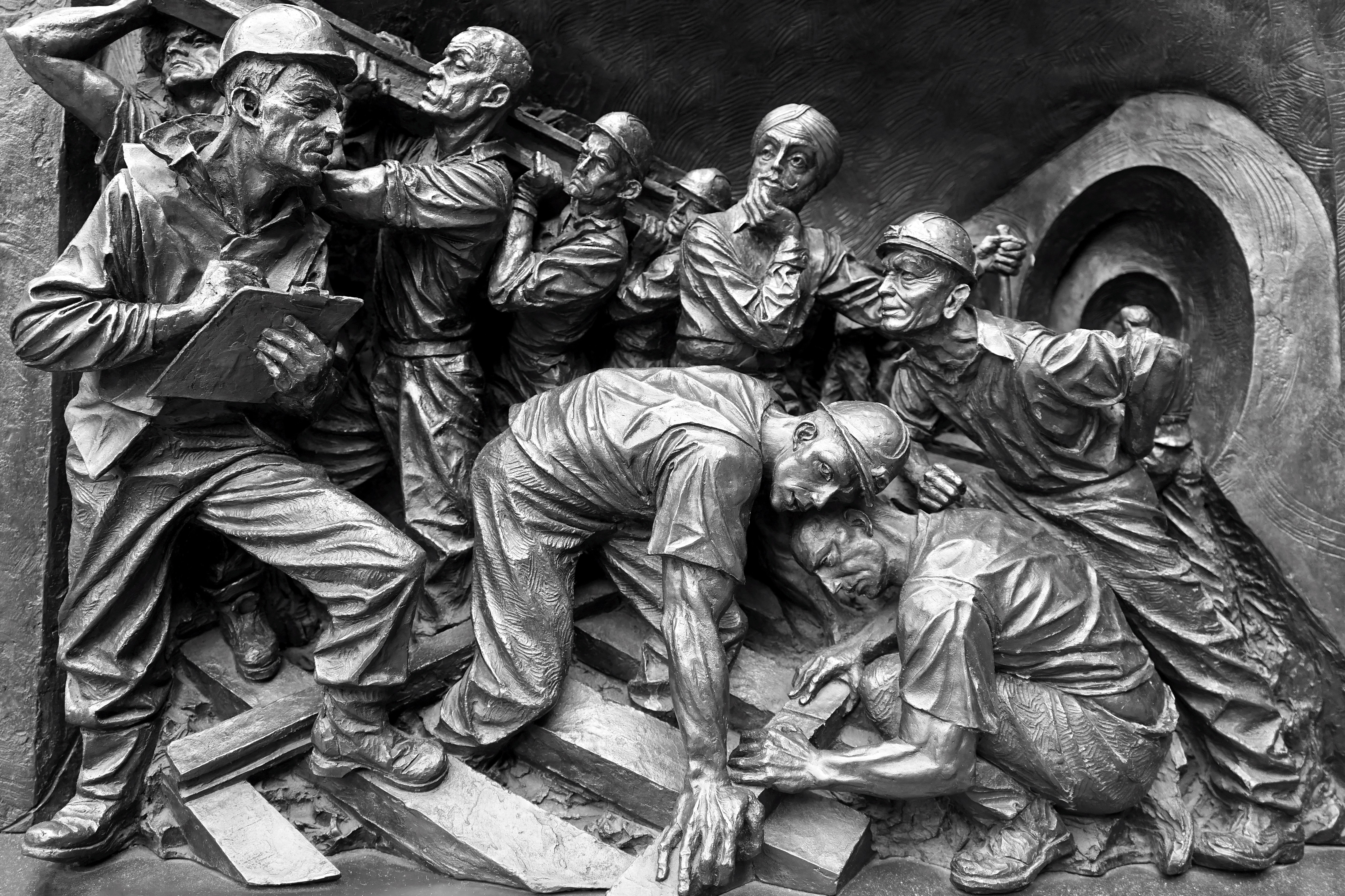Originally published in The Hill
By David Dodson
For a sweeping bill crafted and presumably shaped by lobbyists seeking favor on behalf of the very rich, there is one set of rules. For a carefully crafted, bi-partisan-supported bill designed to help increasingly desperate retired coal miners, there is another.
The difference in how the two bills are being treated in Congress reveals much about how economic policy is prioritized in Washington, and whether our Senators and Congressmen are more loyal to voters or their campaign contributors.
The Senate and House tax reform bills were rushed through Congress with little scrutiny or debate — and observers note that about a trillion and a half dollars of tax cuts will flow to the top 1 percent of America’s wealthiest citizens. Meanwhile, the American Miners Pension Act (AMP) is struggling for survival in Congress.
It’s a modest piece of legislation that would use already-collected mining industry taxes to restore the financially collapsing pension program that covers about 112,000 retired and soon-to-retire coal miners.
With the decline in coal production, the pension fund is unable to make those payments. But in 1946, those miners were made a promise by Congress and President Harry S. Truman to guarantee those pension obligations. While at least one think tank argues that obligation isn’t binding, many other observers believe that both the legal and moral foundations of the government’s guarantee remains in place.
Senate Majority Leader Mitch McConnell (R-Ky.) has warned that if loans from surplus environmental impact and restoration fees are provided to the pension fund and not eventually paid back, it will add to the deficit.
But McConnell’s concern about the AMP bill increasing the deficit doesn’t seem to jibe with the fact that he just led the fight to pass a tax bill that increases the deficit by $1.5 trillion. And the argument that tax cuts that primarily benefit the top 1 percent of taxpayers are good policy but preserving retirement benefits for middle-class coal miners isn’t, won’t be easy to swallow for populist-minded voters who swept President Donald R. Trump into office last fall.
While AMP opponents make the argument that the failure of a pension fund — even a multi-employer fund like this one, created by an act of Congress — is a private matter between the union and its workers, that wasn’t the logic used in 2008 and 2009 when Congress allowed U.S. banks to use taxpayer-provided TARP funds to pay executives $1.6 billion in bonuses in a single year. That amount, ironically, is not much less that the current shortfall in the pension plan’s resources.
McConnell further reasons that broader pension reform ought to be considered, rather than repairing this one first and using it as a model to guide the fixing of the others. Reading between the lines, of course, that means we as a nation are about to commit $1.5 trillion to tax cuts that will flow to our wealthiest citizens, while a looming pension crisis threatens millions of middle-class Americans’ retirement security.
You might think shoring up the finances of the broad middle class would be Congress’s top priority during this era of structural economic change. But of course, you’d be wrong. Senator Mike Enzi (R–Wyo.) calls the idea of helping out a single pension fund a “dangerously slippery slope” — an interesting choice of words to a generation of middle class workers watching their version of the American dream slipping away.
Forgive these economically imperiled Americans for thinking the promise made to them would be kept. And with its craven rush to pass a “something…anything” tax bill, the Congress ends up looking like it values hedge fund managers’ interests more highly than coal miners’ existential economic concerns.
Viewed together, the tale of these two bills is a little bit about coal miners’ pensions, and a lot about the state of our republic. If the only way to get a voice at the table is to buy it from your congressman, the best of times for America’s wealthy will spell the worst of times for too many others.
David Dodson is a lecturer in management at the Stanford School of Business.

